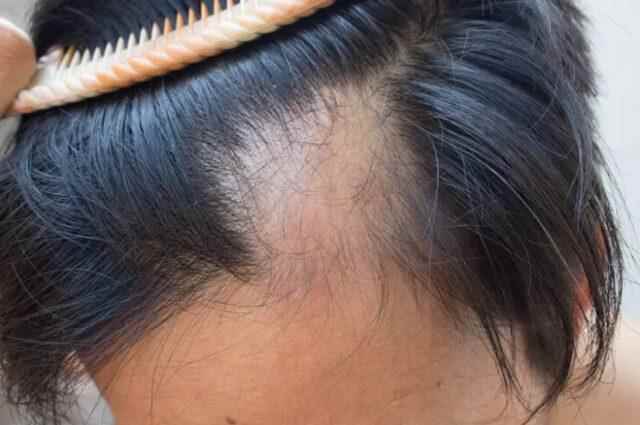As we age, changes occur in our health and appearance. Hair whitening is also known as the most common change. As we age, the pigment cells that give our hair its color gradually die. This causes the hair to turn gray and turn white. However, the reason why the color of the hair changes is not only related to age. Some serious diseases can also cause hair graying.
DISEASES THAT CAUSE HAIR WHITENING
VITAMIN B12 DEFICIENCY
Vitamin B12 deficiency is one of the most common causes of premature graying of hair. Studies have found that taking B12 supplements reduces high homocysteine levels, which can lead to hair loss, and prevents premature graying. The vitamin found in meat, fish, and milk also helps produce red blood cells, which are essential for hair growth and health.
VON RECKLINGHAUSEN DISEASE
Neurofibromatosis, sometimes known as Von Recklinghausen’s disease, is a condition that causes tumors to grow near a person’s nerves. It is caused by a genetic mutation in certain genes and can be inherited from parents or occur early in the patient’s development. There is currently no prevention or cure, but tumors are not normally cancerous. People with the disease have tan patches of different sizes and shapes all over their body. However, some also notice that their hair color has changed.
In 2014, researchers published the report of a young boy who had NF-1 and developed white hair on his head. They say this occurs because piebaldism is a symptom of neurofibromatosis. Piebaldism is a condition caused by the absence of cells called melanin in the hair and skin. Melanin is responsible for hair color.
THYROID DISEASE

Hormonal changes caused by a thyroid problem, such as hyperthyroidism or hypothyroidism, can also be responsible for premature gray hair. The thyroid is a butterfly-shaped gland responsible for bodily functions such as metabolism. An overactive or underactive thyroid can cause your body to produce less melanin.
HAIR LOSS

Autoimmune disease, in which the body attacks itself, can also cause premature gray hair. In the case of alopecia, the immune system can attack the hair and cause loss of pigment. Alopecia areata causes patches of baldness the size of a large coin – both men and women are affected equally.
